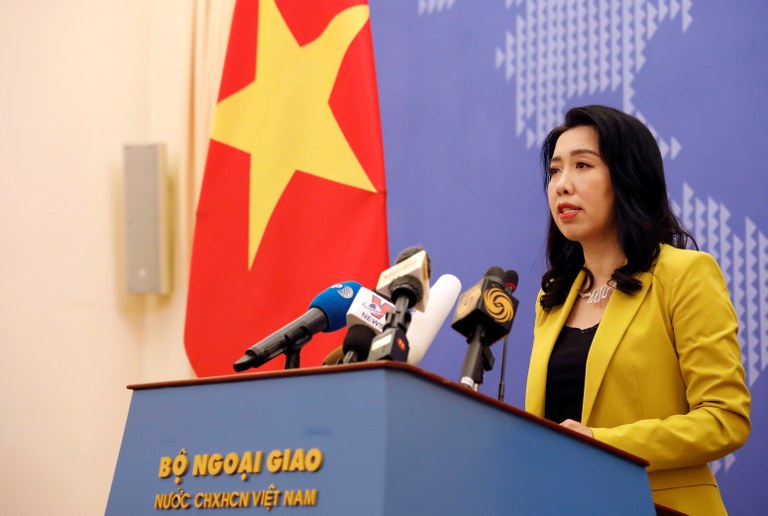More than a dozen senior NLD officials sentenced for ‘graft’ in Myanmar in April
Military courts in Myanmar sentenced a total of 14 Cabinet ministers and senior officials from the deposed National League for Democracy (NLD) government to lengthy prison terms on corruption charges last month, according to data compiled by RFA’s Myanmar Service. On April 22, Deputy Minister for Construction Kyaw Lin was sentenced to 20 years in prison while directors-general Aung Mint Oo, Ye Min Zaw and Nay Aung Ye Myint were sentenced to two to four years in prison. That same day, Kachin State Chief Minister Khet Aung, Director of the State Municipal Authority Soe Naing, and ministers Wai Lin, Win Nyunt, La Sai, Naw Li, Zaw Win and Ne Win were also jailed on corruption charges. Former State Counsellor Aung San Suu Kyi, the head of the NLD who was arrested on the day of the military’s Feb. 1, 2021, coup, was sentenced to five years in prison on April 27 in the first of 11 corruption cases against her. Yangon Region Social Affairs Minister Naing Lin was also handed a prison sentence for corruption the following day. Naw Naw, the son of Khet Aung, told RFA that his father had worked tirelessly on behalf of the country only to end up jailed for 12 years on bogus corruption charges. “This sad development can be seen throughout the country, where all those who had worked in good faith are meeting the same fate,” he said. Mar La Myint, the wife of Ne Win, said her husband’s sentence was a blow to him and his entire family. “He was imprisoned before for his political beliefs, but this time it’s worse,” she said, adding that her husband was “incapable of corruption.” Other notable NLD officials who were sentenced on corruption charges last month include Sagaing Region Chief Minister Myint Naing, Bago Region Chief Minister Win Thein, and Yangon Region Transport Minister Nilar Kyaw. Plan to maintain power When asked for comment on last month’s sentences, junta deputy minister of information, Maj. Gen. Zaw Min Tun, told RFA that only those who are guilty of the charges against them had been sentenced. “We have no reason to put [NLD officials] into prison if didn’t do anything wrong,” he said. “If it were not for [their acts of] corruption, we wouldn’t have arrested them. No one is above the law. If you commit a crime, you will be punished accordingly.” But Win Myat Aye, minister for Humanitarian and Disaster Management for the shadow National Unity Government (NUG), told RFA the sentences were “part of the junta’s plan to hold onto power.” “They’ll do whatever it takes to reach their goal. From the very beginning, they seized state power by force. They’ll keep on using force to hold on to power,” he said. “What they are doing is illegal and not in line with the wishes of the people.” Political analyst Than Soe Naing said he sees the prison terms as part of a bid by the junta to exclude the NLD and its key party leaders from upcoming military-sponsored elections. “They are carrying out these unfair actions under unfair laws by unfair tribunals so that the NLD and all the party’s top leaders will not be able to run in the next election,” he said. “This year has seen a lot of unjust imprisonment under unjust legal procedures. I’m sure they are doing this to prevent the NLD taking part in the elections they are planning to hold.” Aung San Su Kyi, whose NLD ruled the country for five years and won re-election in November 2020 in a landslide vote that the army refused to honor, was sentenced in January to six years for violating export-import laws, the communications law and the natural disaster management law. She had already been sentenced to six years in prison on five of 18 charges lodged against her since the junta overthrew and detained her. With last week’s five-year sentence, she faces 11 years imprisonment from six charges, with 12 more charges pending. RFA records show that a total of 64 people, including NLD leaders and cabinet members, have been charged with corruption, in the 15 months since the military seized power. Translated by Khin Maung Nyane. Written in English by Joshua Lipes.




